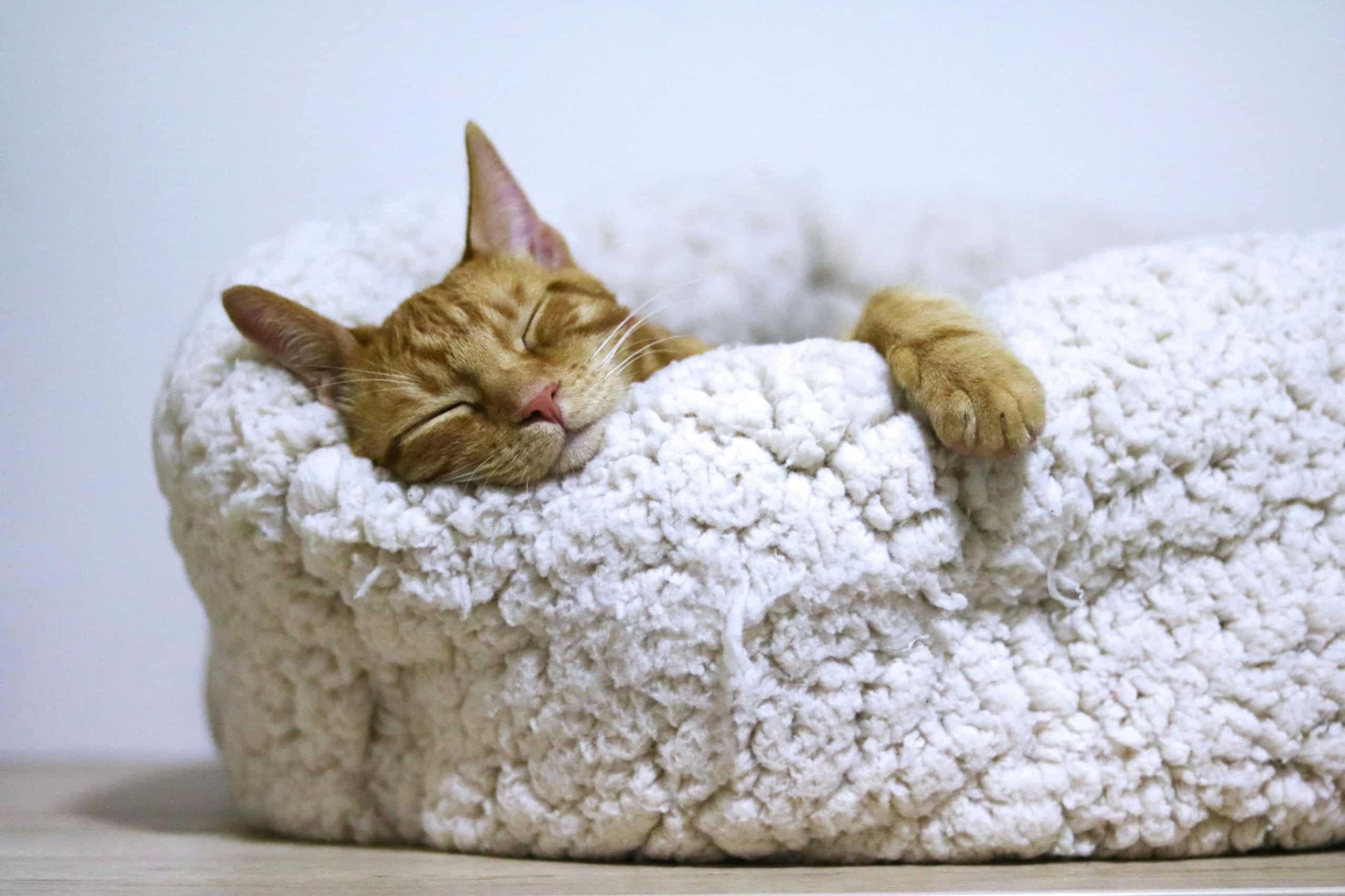5 Tips to Extend the Lifespan of Your AC Unit
As the scorching summer heat approaches, the last thing you want is for your air conditioning unit to give up on you. Early AC replacements can be both costly and inconvenient. However, with a little extra care, you can extend the life of your current system and avoid premature air conditioning replacements.
Below, we have compiled a list of practical tips to help you care for your air conditioner and keep your home cool and comfortable all summer long. Read on to discover how you can extend the lifespan of your AC unit.
Tip #1: Regular Maintenance is Key
Maintaining your AC unit regularly is pivotal if you aim to utilize its full lifespan. Regular check-ups and tune-ups with professional AC specialists (like ours at Premier Indoor Comfort Systems, LLC) can prevent minor issues from escalating into major problems. By keeping your AC unit in prime condition, you extend its life and enhance its performance and efficiency.
Here are several signs that might indicate your air conditioning unit needs service:
- Unusual Noises: If your AC is making rattling, buzzing, or other strange noises, it may be a sign of a serious issue.
- Warm Air: If your AC is blowing warm air, it could be due to a problem with the compressor or refrigerant.
- High Humidity: Your AC should regulate humidity levels indoors. If it’s not, it might need to be serviced.
- Water Leaks: Any leakage or pooling water around your AC unit is a clear sign it needs to be checked.
- Frequent Cycles: If your AC is turning on and off frequently, it may be a sign of a malfunction.
- Bad Odors: If your AC is causing your home to smell bad, you’ll want to get it checked out.
- Increased Energy Bills: A sudden spike in your energy bills could mean your AC is working harder than it should be, indicating a potential issue.
Regular maintenance includes cleaning or replacing filters, checking for refrigerant leaks, and ensuring the coils and fins are clean and not blocked. These tasks can significantly improve the unit’s efficiency, potentially saving you on your energy bills in the long run.
Tip #2: Optimize Your Thermostat Settings
Proper optimization of your thermostat settings can play a pivotal role in maintaining the health and longevity of your AC system. Setting your thermostat to an energy-efficient temperature reduces the environmental impact and significantly lessens the strain on your AC unit.
The key is to aim for a setting that strikes a balance between a comfortable temperature and energy conservation. Overworking your AC unit by setting the temperature too low can lead to unnecessary wear and tear and potentially shorten its lifespan. For example, we recommend settings around 74°-76° during the summer.
Additionally, investing in a programmable or smart thermostat can be a game-changer in your pursuit of energy efficiency. These advanced thermostats have the capability to automatically adjust the temperature depending on your routines and whether you’re home or away.
For instance, you can program the thermostat to raise the temperature when you’re out of the house and to cool down before you return. This way, you’re saving energy and reducing unnecessary load on your AC system.
Remember, every degree of strain you take off your AC unit is a step towards prolonging its longevity.
Tip #3: Ensure Proper Airflow
Ensuring good airflow in your home is crucial to maintaining the efficiency of your AC unit and reducing strain on it. When the air in your home circulates properly, your AC unit doesn’t have to work as hard to cool your living space, which can significantly extend its lifespan.
There are several ways to promote proper airflow in your home. Firstly, make sure your air vents are open and unobstructed. Furniture, curtains, or rugs blocking the vents can restrict airflow and cause your AC unit to work harder than it needs to. Regularly cleaning your air vents and ducts can also prevent the buildup of dust and debris hindering airflow.
Secondly, use ceiling fans to help circulate air throughout your home. While fans don’t actually cool the air, they create a wind-chill effect that can make your space feel cooler, reducing the need to lower your thermostat. They also help move the conditioned air throughout your home, further supporting the overall efficiency of your HVAC system.
Additionally, proper insulation is essential. Cool air can escape if your home is not adequately insulated, causing your AC unit to work harder to compensate for the loss.
Tip #4: Seek Professional Assistance
If you notice any unusual noises, leaks, or a decline in cooling performance, it’s crucial to address the issue promptly. Ignoring these signs can lead to further damage and potentially early AC replacements. Remember, with modern cooling systems, you can expect to enjoy a decade or more of efficient service. And we are here to help you achieve that.
If you’re struggling with a cooling issue, don’t hesitate to contact a professional HVAC technician like Premier Indoor Comfort Systems, LLC. We are ready to diagnose and treat any AC problem you’re having, and we have the info you need to get the most out of your system.
